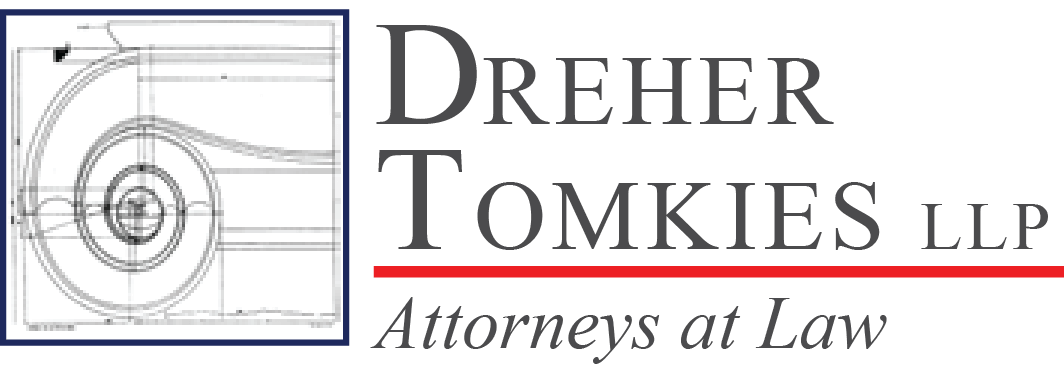
The Ohio Supreme Court held that a provision in a residential mortgage contract requiring a defaulting borrower to pay a lender’s reasonable attorneys’ fees as a condition of terminating pending foreclosure proceedings on a defaulted loan and reinstating the loan is not contrary to Ohio statutory or case law or against Ohio public policy. Wilborn v. Bank One Corp., Slip Opinion No. 2009-Ohio-306 (Ohio Feb. 3, 2009).
Under Ohio common law, contracts for the payment of attorneys’ fees upon the default of a debt obligation are void and unenforceable. The Ohio Supreme court explained that older cases holding that “it is the settled law of this state that stipulations incorporated in promissory notes for the payment of attorney fees, if the principal and interest be not paid at maturity, are contrary to public policy and void” have not been repudiated despite recognition of numerous situations in which contractual provisions for attorneys’ fees may be enforced.
The court found that reinstatement, however, differs from redemption in that a defaulting borrower is not entitled by law to have a mortgage loan reinstated. The court explained that the obligation to pay attorneys’ fees arises only upon the defaulting borrower’s voluntary exercise of the contractual right to reinstate the mortgage loan, a right gained in exchange for the lender’s surrender of the present right to foreclosure. Thus, the court found that reinstatement is not the enforcement of a debt obligation and the public policy concerns regarding the imposition of a penalty against a debtor upon default have no relevance.
Under Ohio common law, agreements to pay attorneys’ fees in a contract of adhesion, where the party with little or no bargaining power has no realistic choice as to terms are not enforceable. The court found that although mortgages may resemble adhesion contracts, the reinstatement provision, including the payment of attorneys’ fees incurred by the lender as a condition of reinstatement, in uniform mortgages were agreed to in a representative process of free and understanding negotiation between parties with equal bargaining power during the process used to create uniform mortgage forms.
Regarding Ohio Revised Code Section 1301.21, the court found that the express terms of Section 1301.21 states that it applies only to provisions for attorneys’ fees in commercial contracts. Consequently, the court declined to apply Section 1301.21 to residential mortgage contracts by implication or by unnecessary statutory construction. Additionally, the court found that Section 1301.21 applies only to the enforcement of a debt, so it has no relevance to reinstatement provisions.
The court distinguished the facts involving the named plaintiff, Wilborn, from all other plaintiffs. According to the court, Wilborn did not have a reinstatement provision in her mortgage. Instead, Wilborn paid off her entire principal and interest in a lump sum prior to judgment to terminate the foreclosure proceedings. The court explained that once Wilborn paid off the entire debt, she had a right to dismissal, but instead she was required to pay the lender’s attorneys’ fees incurred in the enforcement of the note and mortgage debt. Such a circumstance the court held has all the indicia of imposing attorneys’ fees in connection with the enforcement of a debt and is unenforceable under Ohio’s long-stand rule that attorneys’ fees may not be collected against the debtor in an action to enforce a debt.
The court was not presented with and did not consider the ability of Ohio banks to charge fees as agreed pursuant to the Ohio Banking Code. We believe that the Banking Code’s specific statutory authorization permitting a bank to charge, collect and receive fees and charges that are agreed upon by the bank and borrower overrides Ohio common law on attorneys’ fees and collection costs. If a bank and borrower agree to pay attorneys’ fees and collection costs in an agreement governed by the Banking Code, the provision should be enforced. An Ohio bank was a party to the case. Please let us know if you would like a copy of this decision.
- Elizabeth Anstaett and Darrell Dreher


